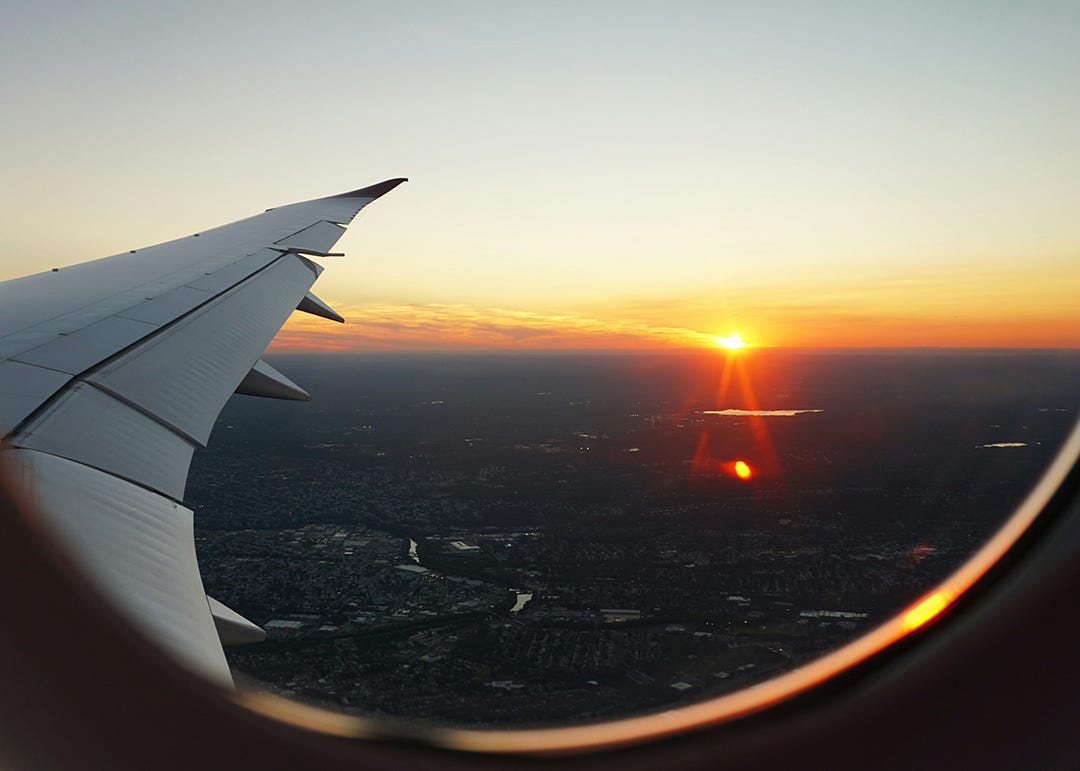On the way back from Poland, I stopped at one big and well-known city in Western Europe. While having lunch in a cafe, I overheard a conversation between the waiter and the people sitting next table. The waiter asked where they were from, and when he heard New York City, he said with excitement that he had visited it twenty years ago and really liked it. The American family instantly started to talk about how dirty and dangerous NYC was and exclaimed that the waiter should never come back as he lives in the best city in the world. The waiter politely smiled and nodded, but his eyes disagreed. I thought that American tourists had no idea how dirty and dangerous any big city in Europe can be. They visit only polished tourist attractions and romanticize European towns without knowing what it is like to actually live there.
Americans idealize Western Europe, Western Europeans look down on Eastern Europe. Being from Belarus, I’m at the end of this “hierarchy.” As an immigrant in the U.S., I’m often asked when I am going back to my country to make it better. This seemingly well-intended question comes from superiority and judgment. It means that no matter how many years I lived here or how much I contributed to this country, and despite the life and family I built, I’m still viewed as an outsider who should go back to where they came from. Now, post-election, seeing so many Americans giving up, planning or fantasizing about moving abroad, and talking down about the only home they have, I want to ask what they are doing to make their country better.
As someone who lost their home once, I know the value of it. So do other Eastern Europeans whose homes were invaded and destroyed countless times. That’s why Ukrainians fight for every square inch of land. That’s why, in Poland, people built their cities from the ground up after WW2, despite everyone telling them it was futile. People value and care about their homes in Eastern Europe. I wonder what it will take for Americans to do the same.
The plane to the U.S. was fully booked. It mainly consisted of immigrants trying to return before the Trump inauguration, who promised to ban immigration and cancel existing visas. An Indian couple next to me held huge folders with immigration documents, carefully organized in waterproof sleeves. I thought of my papers being stored in the same sleeves in the bag I held tightly to my chest. While Americans were praising Europe and contemplating their exit strategies, thousands of immigrants were trying to get into the U.S. before January 20. Despite everything that lies ahead, I’m confident that America will prevail and will continue to stand because it stands on the backs of millions of immigrants who became the roots and foundation of this country.
After a stressful and exhausting journey, the grumpy customs officer looked me in the eyes and, handing back my papers, said: Welcome home.
Warmly,
Darya
Email: daryazorka@substack.com
Follow me on Instagram
Follow me on Twitter
Follow me on Bluesky
Shop my art on Etsy
Watch the “20 Days in Mariupol” documentary
Watch Frontline PBS documentaries on Ukraine
Donate to help Ukraine: UKRAINE DONATION GUIDE
Gift a subscription to From My Heart ♥︎





Great article Darya. As someone who’s worked/travelled a bit, I don’t think people in Western countries really understand what they have, and what it takes to keep it. As one President said - “Ask not what your country can do for you - ask what you can do for your country”.
YOU are what makes America great, Darya. America is made of indigenous people, descendants of slaves and immigrants. There are many (more than half) in the US who will stay and continue to take our country back. We are so glad you are here, and so glad that you are part of the resistance to take back Belarus. There was a great interview last night with 3 Belarusian women. It was so inspiring. Here's the link, do check it out! https://www.pbs.org/wnet/firing-line/video/